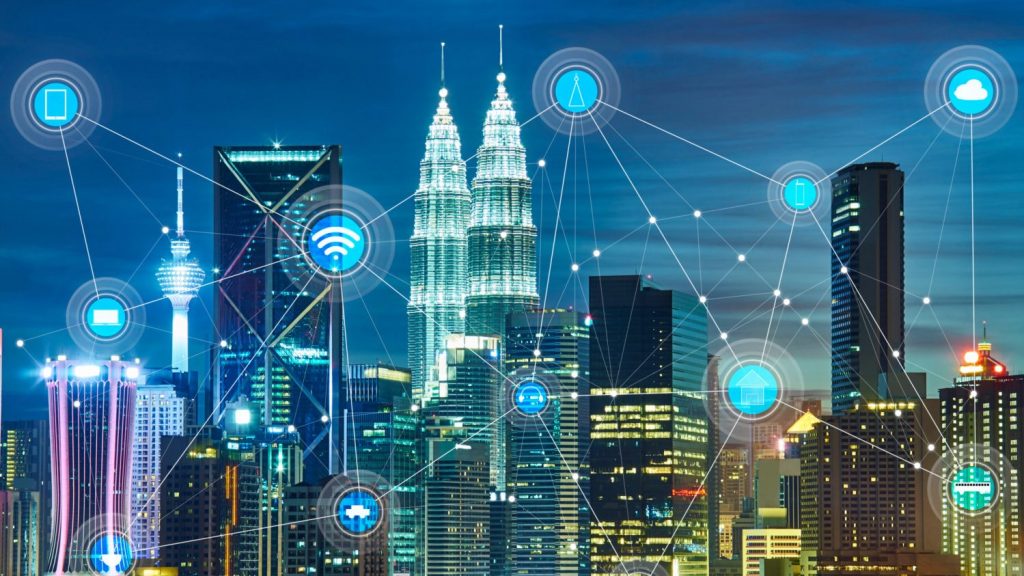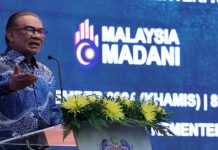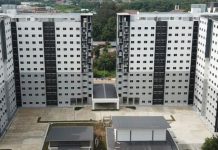
The digital economy sector in Malaysia is poised to reach US$31 billion (RM138.4 billion) in gross merchandise value (GMV) for the year 2024, which is an increase of 16% from 2023.
According to the latest e-Conomy Southeast Asia 2024 by Google, Temasek and Bain & Company, the country’s digital economy has progressed towards profitability while maintaining double-digit GMV growth.
Google Malaysia country director Farhan Qureshi said that Malaysia’s digital economy has charted consistent growth and that this year is another strong testament of the potential of Malaysia’s digital economy.
“With the region’s focus on artificial intelligence (AI), it is encouraging to see the country’s leaders are putting AI and semiconductors in their priority list,” he said.
According to the report, deeper digital participation among users, effective monetization strategies and the recovery of pandemic-impacted sectors are expected to drive continued growth.
The report said e-commerce remained the largest contributor to digital economy as the sector grew by 17% to US16 billion (RM71.44 billion) GMV this year as major e-commerce platforms reinvest in GMV growth paired with the rise of video commerce.
Online travel posted the fastest GMV growth compared to other sectors at 19% year-on-year (YoY) to reach US$8 billion (RM35.71 billion) GMV in 2024 as Malaysia’s international tourism is experiencing a robust recovery and expected to exceed pre-pandemic levels in 2024.
Farhan pointed out that Malaysia was among the Top 10 countries globally driving AI search interest, especially in education, marketing and gaming sectors, with Kuala Lumpur, Putrajaya and Selangor leading the nation in AI interest.
As more companies implement AI, improve efficiencies and customers’ experience as well as bring new ideas to life, the demand for AI infrastructure will continue to grow.
To meet this demand, Malaysia has recorded a large AI infrastructure investment among Southeast Asian countries at US$15 billion (RM66.97 billion) in the first quarter of 2024.
The report estimates Malaysia’s current data centre capacity at 120 megawatts and expects that to expand five times over the coming years.
“When we look at Malaysia, the significant things that we should be celebrating when we talk about AI as a journey, is that about 50% of investments in Southeast Asia are really happening in Malaysia,” Farhan said.
East Malaysia expanding its digital capacity
To further support this growth, Southern Cable Sdn Bhd was awarded a RM172.57 million contract to supply and deliver cables and conductors in East Malaysia, which will run for 24 months from 20 December 2024 to 19 December 2026.
At the same time, the Sarawak Digital Economy Corporation Bhd have extended its partnership with Telekom Malaysia Bhd’s (TM) business-to-business (B2B) arm, TM One with the aim of strengthening Sarawak’s digital economy, digital society and government services through enhanced connectivity.
In a statement, TM One said that both parties have recently exchanged a master service agreement to expand the state’s digital infrastructure, which would help at enhancing connectivity and accelerating the adoption of advanced technologies and smart services in driving the state’s digital transformation.
“This collaboration includes TM One’s Metro-E solution, a flexible, secure and high performing bandwidth connectivity scalable to up to 10 gigabits per second (Gbps).
“Its dedicated access for critical applications, proactive security monitoring and nationwide coverage addresses the service levels needed for enterprises and government agencies alike,” it said, adding that the partnership aligns with the Sarawak Digital Economy Strategy and Post-COVID Development Strategy 2030.
The company also noted that the five-year project will also deliver high-speed internet connectivity to underserved and rural areas, supporting key sectors such as education, healthcare and local businesses.
This will facilitate cloud computing, telemedicine, online education and a variety of other digital solutions, which would accelerate Sarawak’s digital progress.
The collaboration is another milestone in TM’s commitment to enabling Malaysia’s digital transformation and to leading industry growth through digitalisation and sustainability.
TM One executive vice-president Shazurawati Abd Karim said the Metro-E project will bolster Sarawak’s digital economy, fostering innovation, improving access to digital services and bridging the digital divide across locations.
“High-speed connectivity at these 81 sites is essential for the adoption of advanced technologies, improving customer experiences and operational efficiency,” she added.














